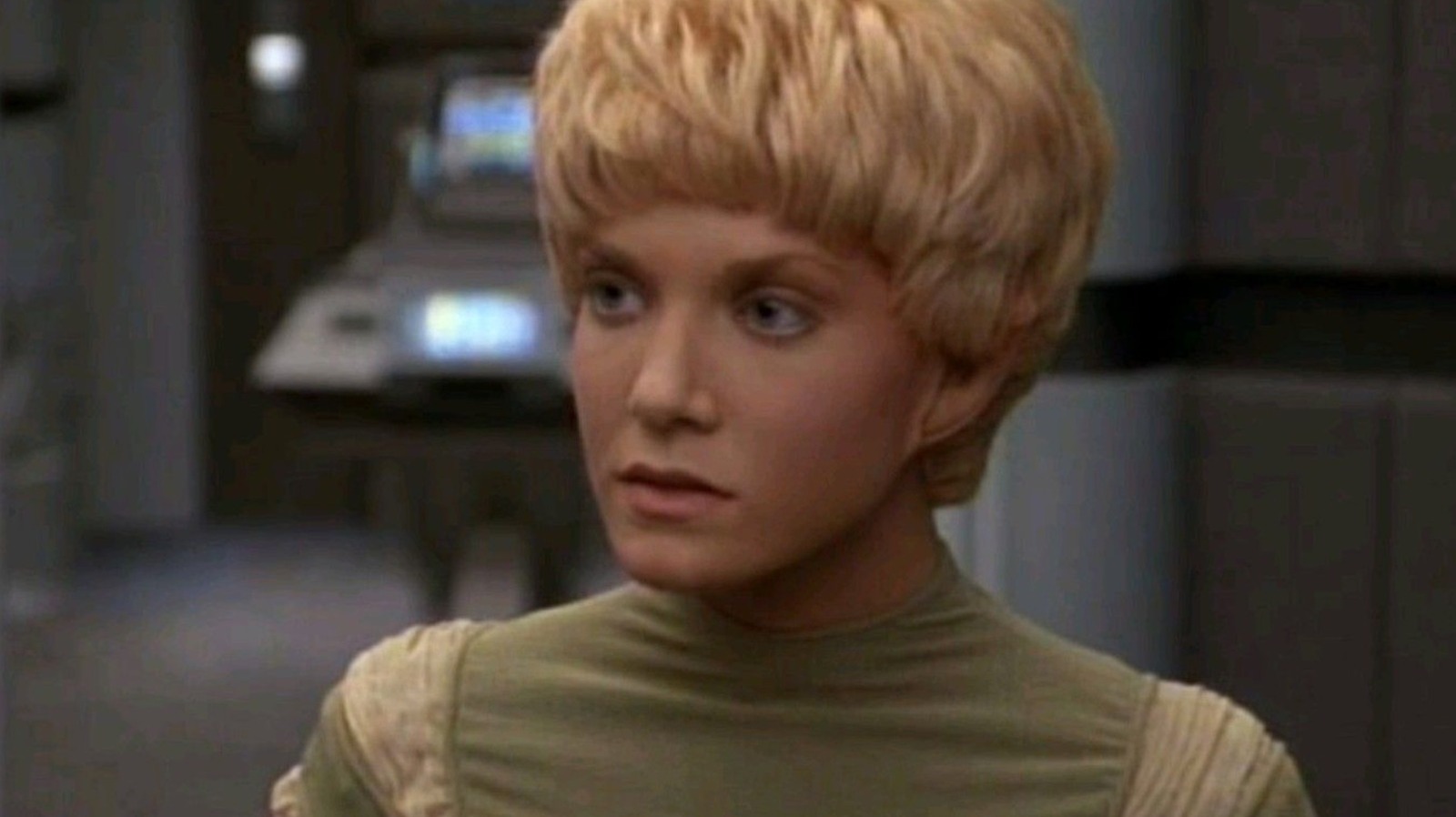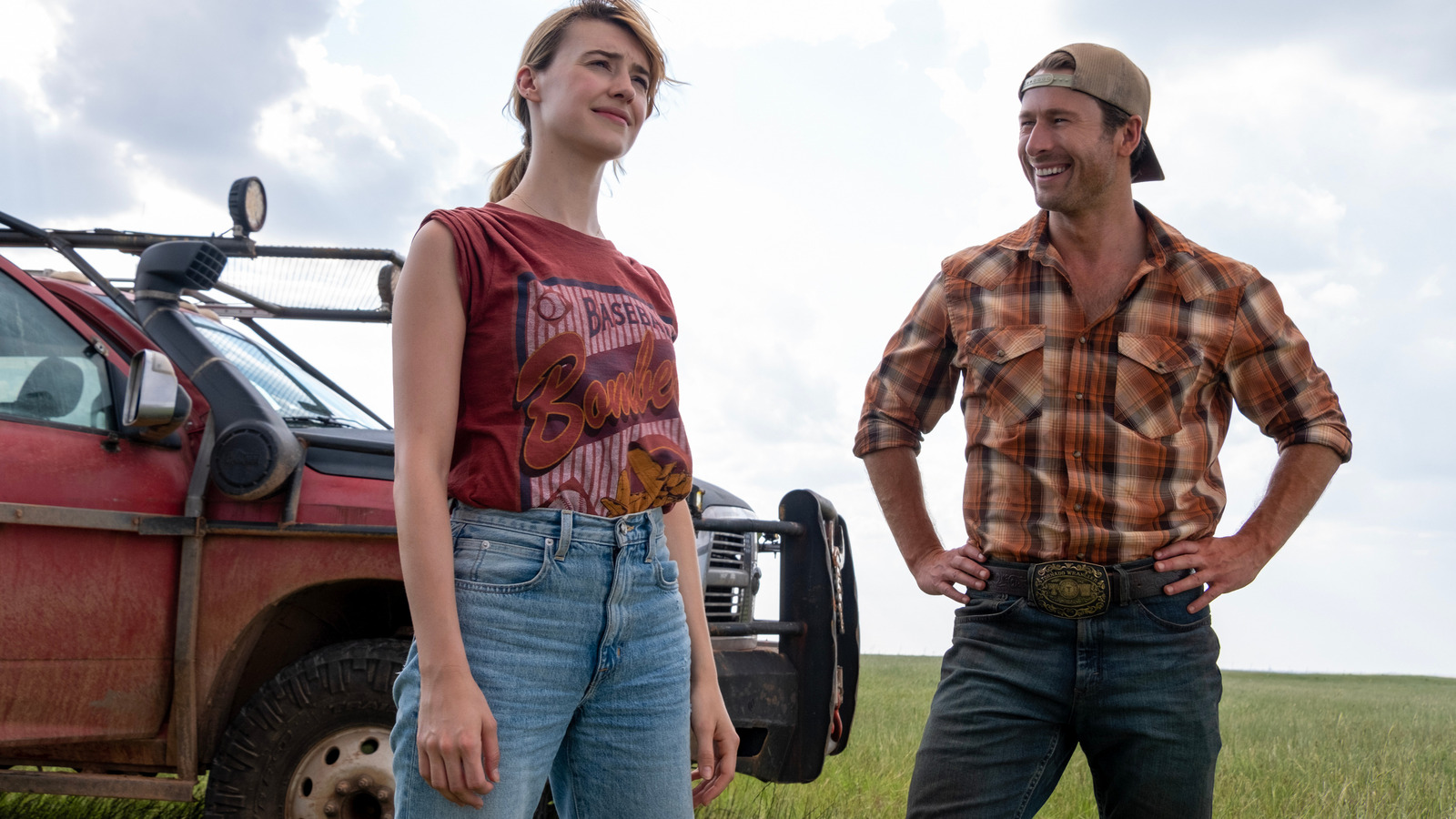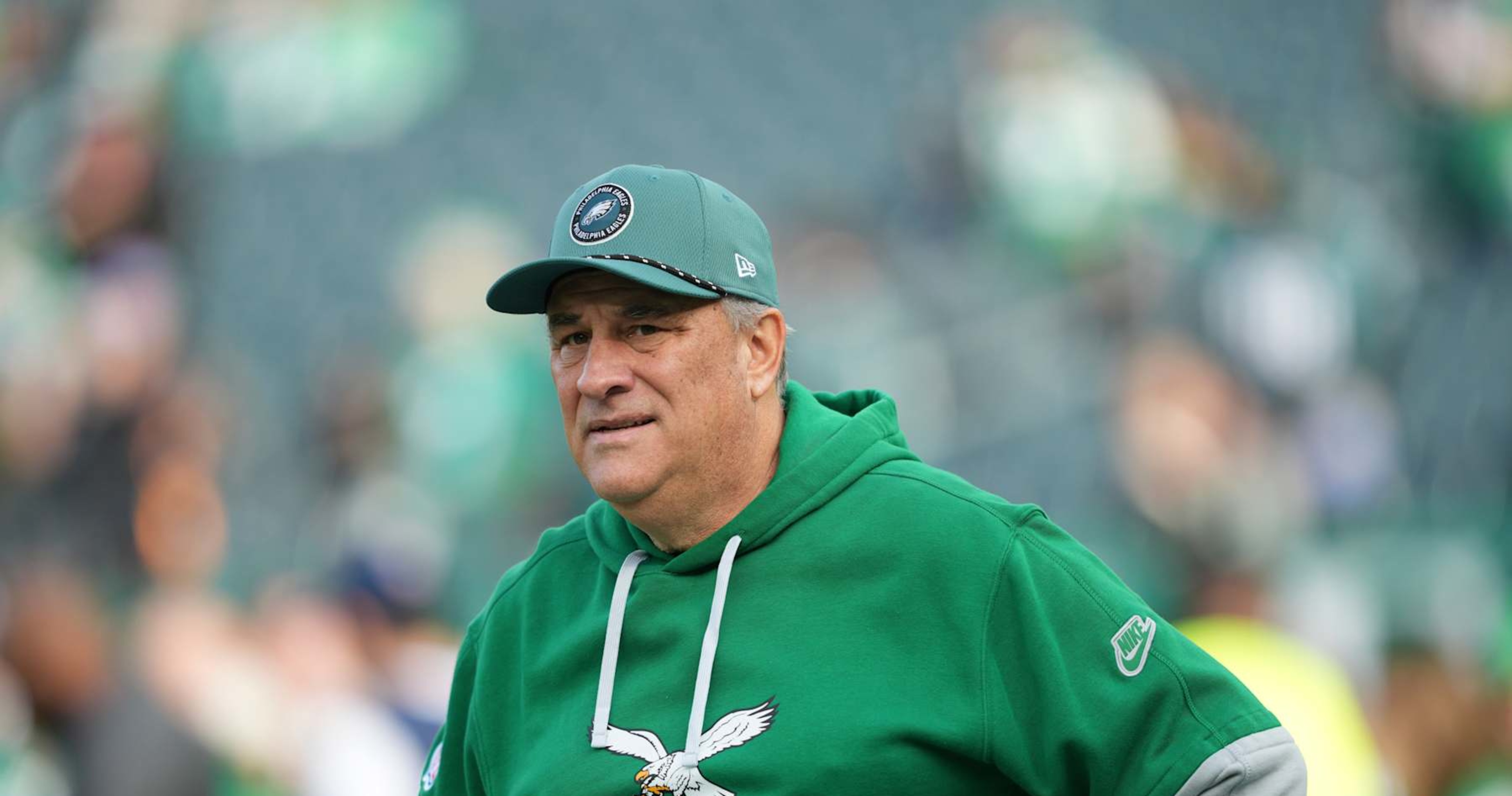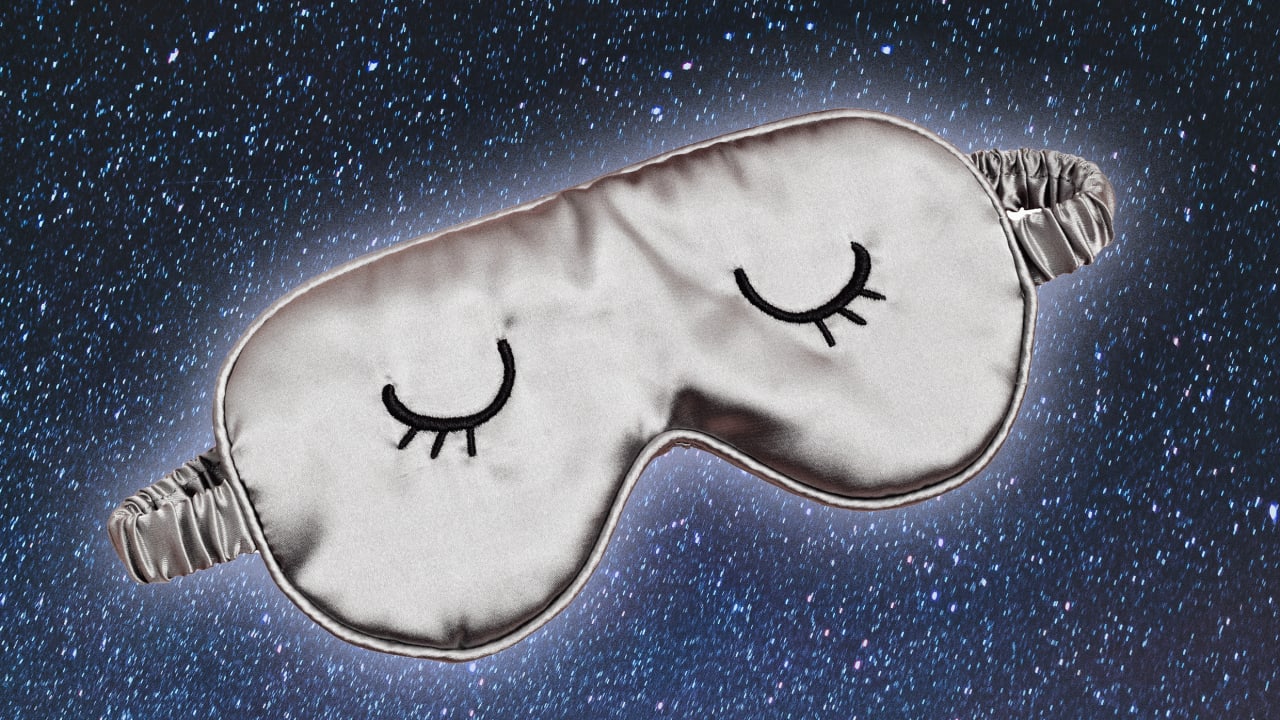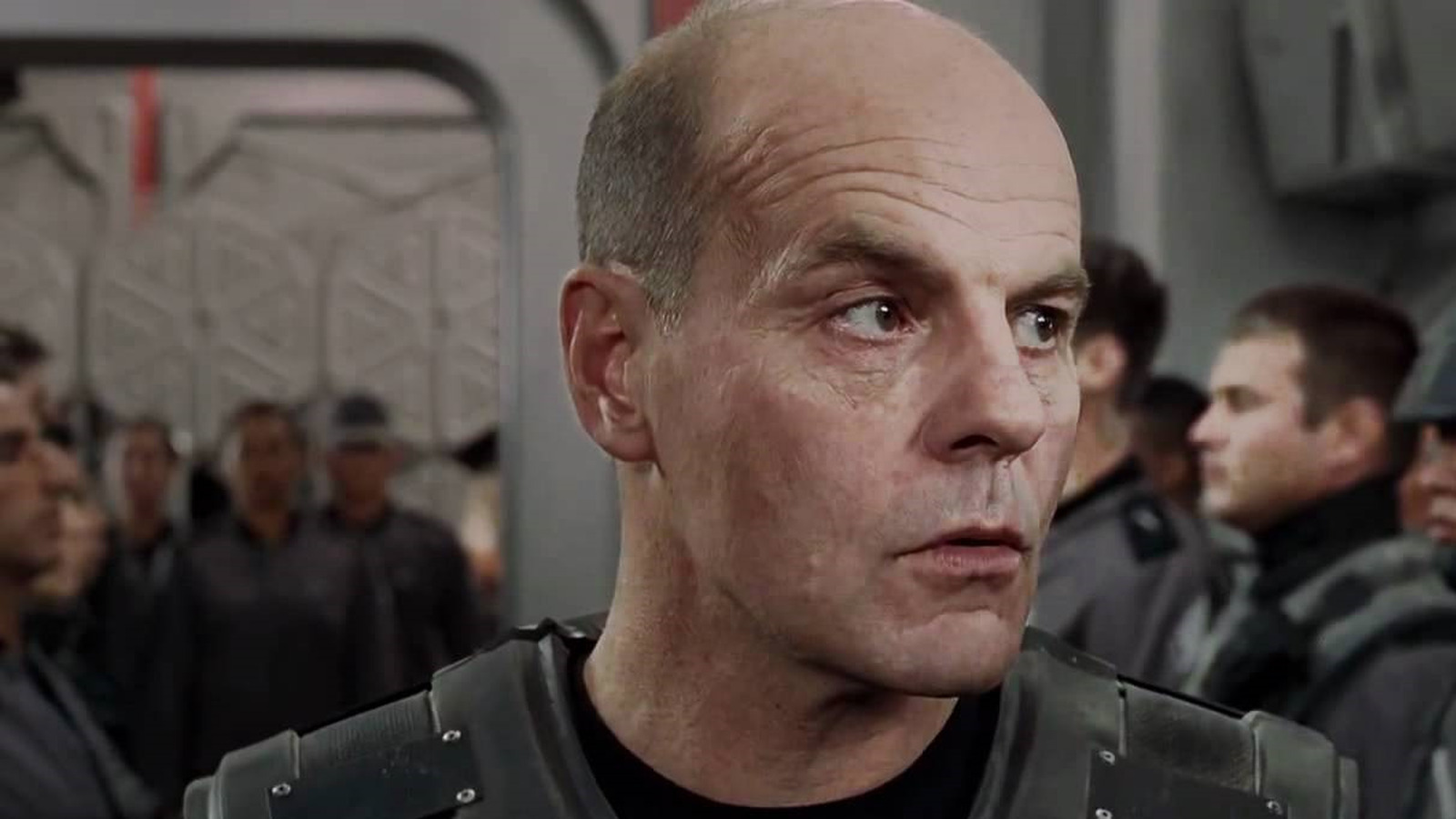
“Starship Troopers” wears the trench coat of a goofy war movie. It’s got big guns, bigger bugs, and all of the bare butts a rowdy movie crowd might want. But underneath the gnarly war wounds and mandatory patriotism are their rigid ideals, pushed right to the edge of absurdity. Such is the approach Verhoeven explained to Ironside, who would go on to play squad leader Rasczak (a combination of two characters from the novel, Rico’s teacher and his commanding officer) in the film. Ironside adds,
“He basically said to me, ‘If we tell the story and go up against it, we’re dealing against people’s prejudices. We’re dealing with people’s inflexibility. What you have to do is tell the story that takes exactly what they’re pushing to extremes so they can see it the way it is.’ And I smiled and I said, ‘I’m in.'”
Verhoeven credits turmoil betwixt Columbia Pictures and parent conglomerate Sony Pictures Entertainment for such a powder keg of a movie getting past a major movie studio, but /Film’s Devin Meenan notes that “the satirical edge of “Starship Troopers” would be dulled if it didn’t look like the blockbusters it was lampooning.” Critic Stephen Hunter had such trouble discerning fascist satire from endorsement that his review for The Washington Post was titled, “Goose Stepping at the Movies.” But, as Chris Evangelista observes 25 years beyond the film’s 1997 release, “Starship Troopers” established Paul Verhoeven as a deft satirist.
Ironside was right to take the leap of faith.

